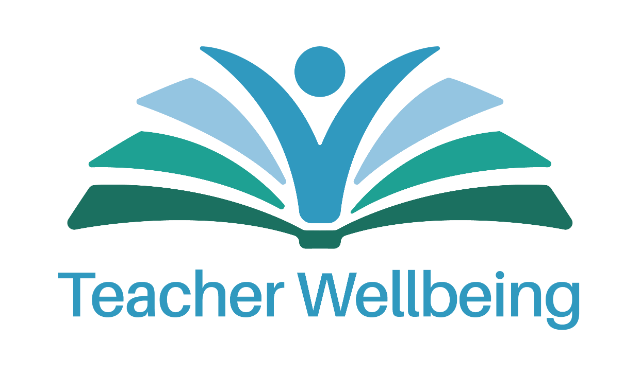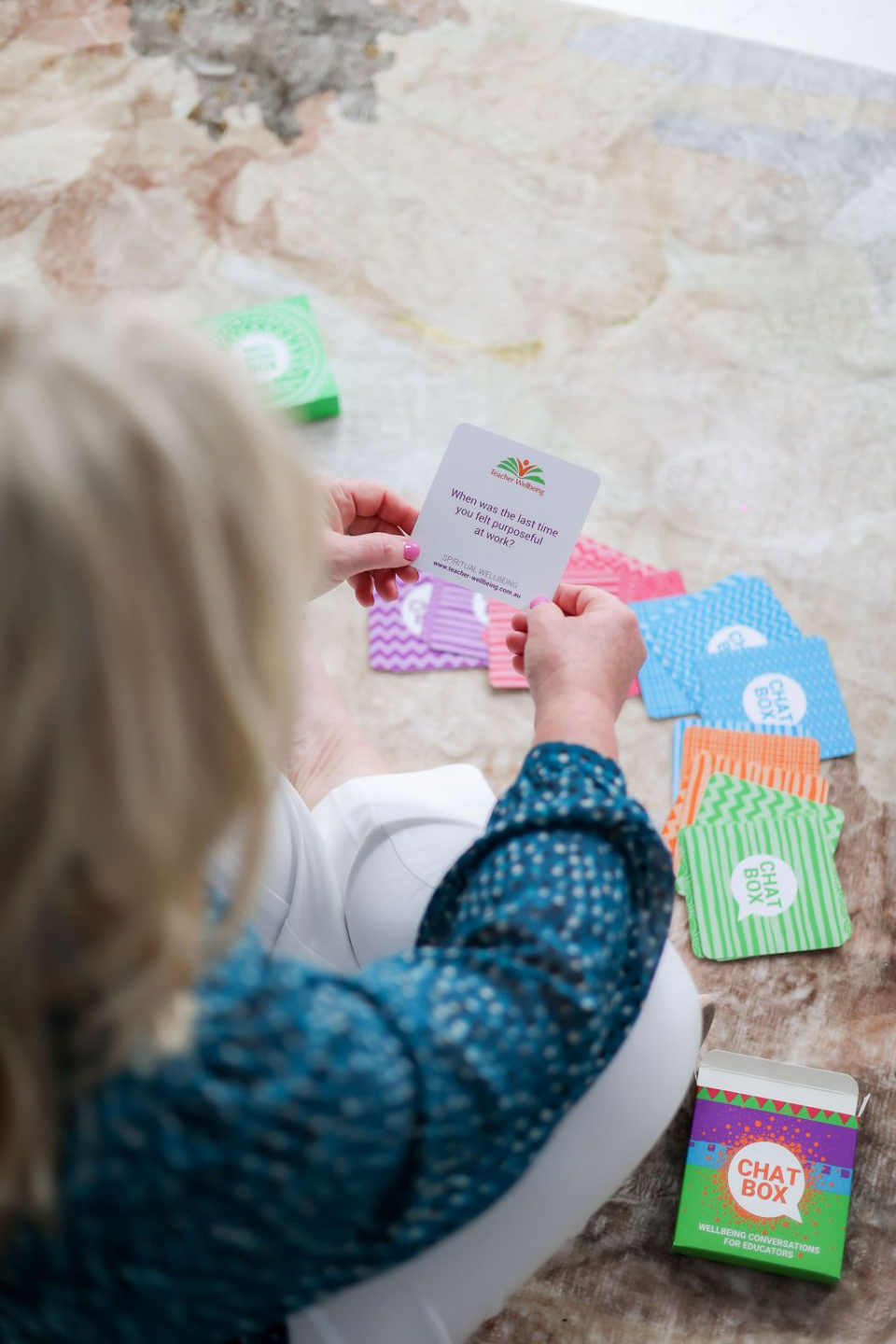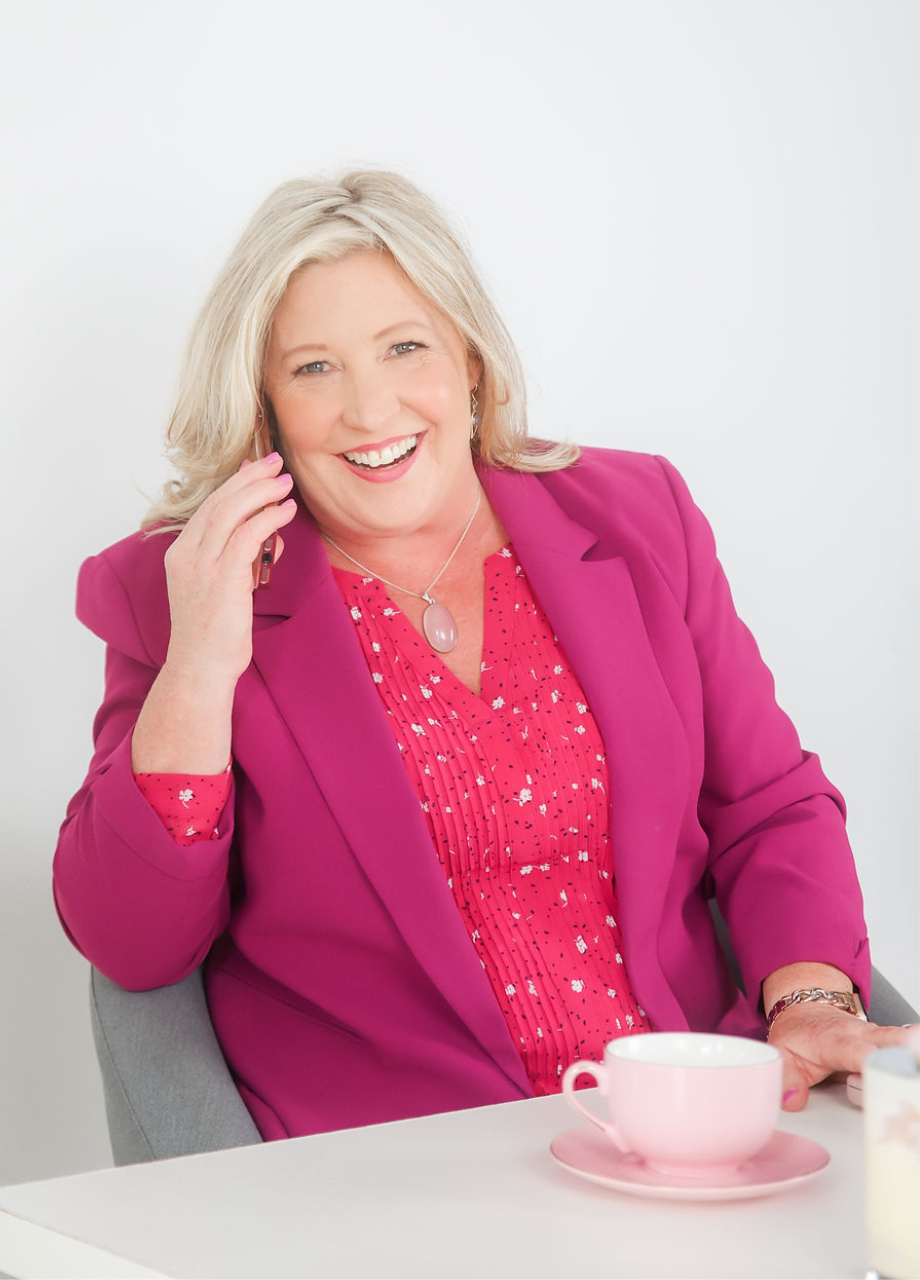A SHORT BIOGRAPHY
Daniela Falecki, founder of Teacher Wellbeing, is an international speaker, author, and the “keep-it-real” teacher, known for her high-energy, engaging presentations that leave audiences laughing and thinking. With over 25 years of experience in Australian schools and a background in Positive Psychology and Coaching Psychology, Daniela empowers educators globally to enhance their wellbeing. She holds a Master’s in Education (Leadership) and has lectured at Sydney University, where she was named Lecturer of the Year. A licensed Mental Toughness practitioner and Executive Coach, Daniela is committed to supporting educators in thriving both personally and professionally.
MY STORY OF EXHAUSTED TO ENERGISED
I remember the exact moment it all felt too much. I was sitting at my desk, head in my hands, doing everything I could to hold back tears. Another argument with a student. Another complaint from a parent. Another looming deadline. I was emotionally drained, physically depleted, and silently defeated. Twenty years into teaching—and the system had finally worn me down.
Like so many teachers, I began this career full of passion and purpose. I wanted to make a difference. I loved helping people believe in themselves. But no one prepared me for the emotional toll—the sense of never being enough, the constant juggling of expectations, the chronic guilt. I believed that if I worked harder, stayed later, planned better, then surely the job would become manageable. It didn’t.
I’d stay up late creating new lessons, listen to students at lunchtime, advocate fiercely for those who needed extra care, differentiate every task, volunteer for programs, and spend my holidays researching new methods and materials. And still—I felt like I was failing. Not because I wasn’t doing enough, but because the job itself had become unsustainable.
There were moments of deep frustration and confusion. I’d wonder, “Why does this feel so hard?” I blamed myself. I felt isolated. Why weren’t my colleagues helping? Why did it feel like I was carrying the weight alone? I didn’t yet realise that they were struggling too. We all were—just in different ways. We are not alone, yet so often we feel alone. And that must change.
My induction into teaching lacked emotional support or psychological safety. I carried the pressure to be perfect—working harder every time something went wrong. If someone gave me feedback, I took it personally. I wore my defensiveness like armour, thinking it made me strong, when really, it kept me disconnected.
To my colleagues, I looked like a high-functioning go-getter. But inside, I was exhausted. I chased a sense of satisfaction that never came. I lived in a cycle of, “If I just finish this one thing, then I’ll feel enough.” But there was always more to do. There was no finish line. No pause. No room to rest. I didn’t know how to listen to my body or acknowledge my emotional state—and no one told me I should.
I moved between public and private education systems, hoping that each new environment would offer a reprieve from the relentless demands. But no matter the postcode, the pressures were the same—too much to do, not enough time or support. In search of a more human-centered approach, I immersed myself in Rudolf Steiner education, studying its philosophy and teaching within that system for several years. It offered a refreshing perspective, yet the underlying exhaustion remained.
Eventually, I found myself facing the hardest question of all: Can I keep doing this for another 20 years? The honest answer was no. Something had to change. So, I made a courageous choice—I asked for help. I began working with a therapist and immersed myself in the study of positive psychology, coaching psychology, and wellbeing science.
After more than 15 years of full-time teaching, I made the difficult decision to leave the classroom—not because I stopped caring, but because I needed to care for myself. I turned inward, confronted the patterns that were no longer serving me, and committed to building a new, more sustainable way of being—one rooted in self-awareness, compassion, and purpose.
I discovered the importance of self-compassion, emotional literacy, and psychological flexibility. I began to understand that my inner critic wasn’t the only way to be motivated. I learned to read stress signals in my body, to speak up instead of toughing it out, and to connect rather than compete. I had taught Social and Emotional Learning for years—yet I was only just beginning to practice it myself.
Although I stepped away from the full-time classroom, I never left education. From casual teaching across countless schools—sometimes in subjects I hadn’t trained for—to becoming the NSW Director of Outdoor Education, I’ve seen it all. Every new environment offered fresh faces, but the same underlying issues: passionate teachers stretched too thin, quietly battling exhaustion while trying to meet impossible demands. I witnessed cynicism that masked burnout, perfectionism that masked pain, and a system that too often forgot the human behind the role.
These experiences didn’t push me away from education—they pulled me deeper in. They lit a fire in me to become an advocate for teacher wellbeing—not as an add-on, but as a foundational priority for every school.
Today, through my company Teacher Wellbeing, I work with schools across Australia and beyond to create sustainable, practical, and empowering approaches to staff wellbeing. I’ve had the privilege of working with over 7,000 educators across early childhood, primary, secondary, and tertiary sectors—offering everything from interactive workshops and strategic consulting to long-term leadership support and mindset coaching.
But this isn’t about fluffy wellbeing. I combine real-world experience with academic rigour—drawing on organisational psychology, positive psychology, and coaching science to equip schools with the language, tools, and strategies they need to support educators meaningfully.
What makes my work unique is the lens I bring. I see teachers—their passion, their pain, their brilliance, and their breakdowns. I’ve lived their reality, and I honour their courage. I’m not just here to deliver a program; I’m here to help create a cultural shift.
Because when teachers are empowered, entire communities benefit. When wellbeing is embedded in how we lead and learn—not just added on top—teachers reclaim their energy, their confidence, and their joy.
And I’m deeply proud to be part of that transformation.
I’ve seen too many incredible educators leave the profession because no one told them it was okay to rest, to ask for help, to say no. I’ve heard the unspoken questions in staffrooms: “Is it just me?” “Am I the only one struggling?” I’ve felt the ache behind the smile, and I’ve seen what happens when people feel truly seen.
My work is more than a job—it’s a movement. A ripple effect. A way of challenging the norms that no longer serve us and building a future that supports both teachers and students to thrive.
So here I am, standing proudly beside educators, reminding them: you matter. Your wellbeing matters. And together, we can rewrite the story.
Let’s walk this road forward—toward energy, clarity, and a teaching profession we’re proud to belong to.




